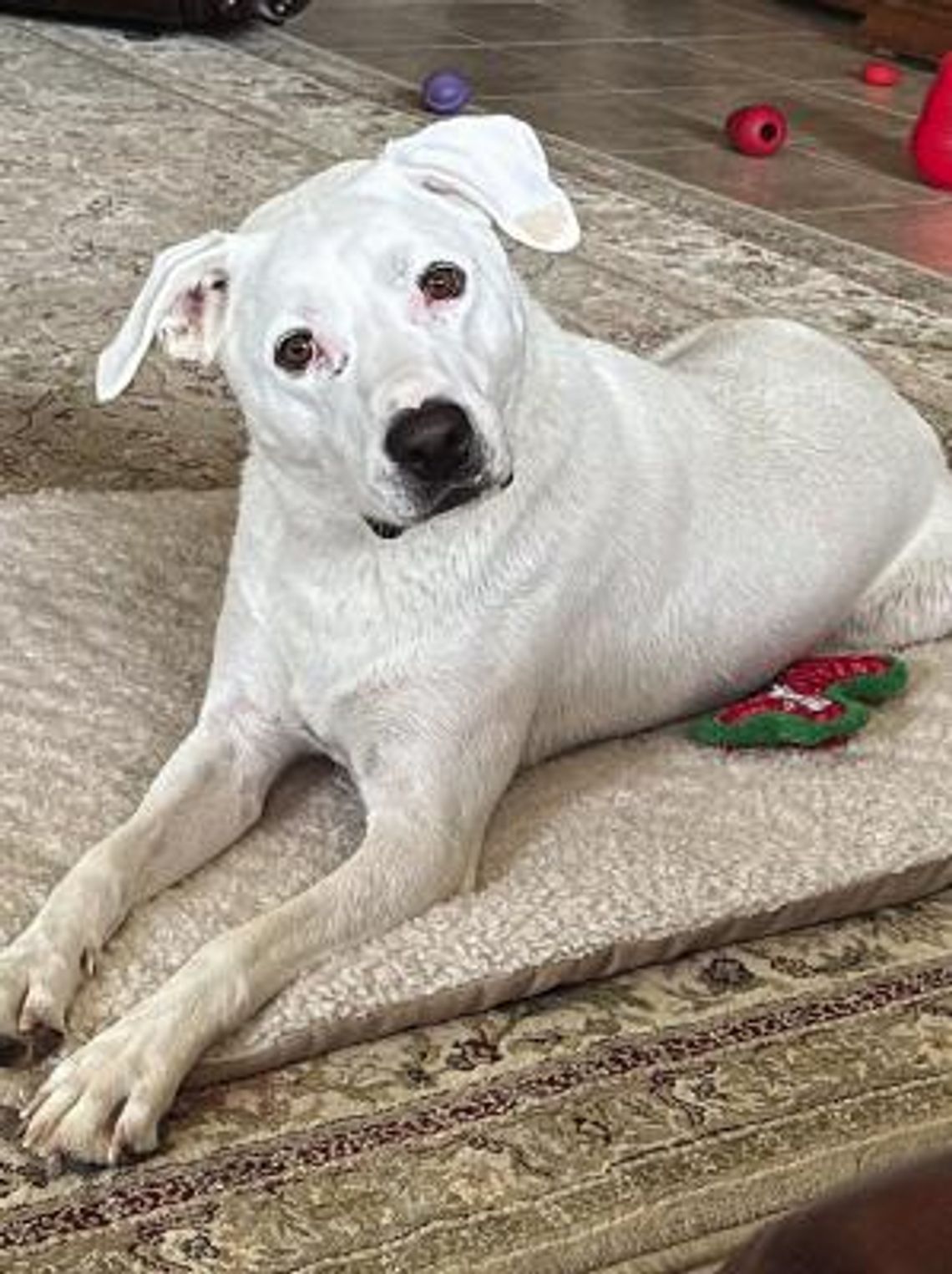Wimberley Adoption Group and Rescue will help you become a foster parent to a dog in need.
“Almost anyone who wants to spend time with a dog,” said Shannon Davis, WAG Rescue foster coordinator, “is a perfect candidate for fostering. No special skills are required.”
WAG delivers extensive support by providing food, medical care, bedding, leashes, toys and help with training and behavioral issues.
“We provide everything,” Davis continued. “After candidates fill out our online application, we make sure the canine is well matched to their family and situation. The dog will be prescreened for illnesses and come to them current on shots. If medication is needed, it will be given.”
By fostering a dog, WAG is able to save two dogs — the dog who is pulled out of a shelter and into a foster home and the next dog who can transition to a shelter from the streets or a bad situation.
In a foster home, dogs can unwind, rest and heal from neglect and abuse. A home setting restores their mental and emotional health, their relationships with humans and often, other members of their species. With time and care, unwanted behaviors are remarkably replaced by balanced responses and actions.
It seems there is a persistent myth among humans that dogs are “wild animals” who can make it on their own who can “take” any situation to which they are subjected.
The truth is that dogs have been domesticated for thousands of years, which means they depend on humans for their existence. As partners, not subjects, dogs occupy a unique relationship with humans.
Foster parents care for a dog’s mental and physical well-being as they recover from abuse, neglect, illness and await adoption into permanent families. For those who adopt them, they offer protection, companionship and, according to Medical News Today author, Maria Cohut, Ph.D., “They usher in lifestyle changes that lower premature death in caregivers by a third.”
Unfortunately, Central Texas shelters are bursting at the seams with animals. Owners who refuse to spay and neuter are a primary cause, according to WAG. Since Austin became the largest no-kill city in the country in 2010, area shelters have struggled to keep up with the demands of that ideal.
Another factor in the crisis, it seems, has been the short-sighted return of dogs adopted during the pandemic. When people returned to work, they surrendered their dogs to the shelters because they felt guilty leaving them at home all day. Unfortunately, dogs who are surrendered by their owners are among the first to be euthanized.
“Even dogs who must be home for eight hours alone in an apartment,” said Davis, “are better off than those in shelters. While they are necessary, shelters are extremely stressful.”
Large foster programs have become a humane, feasible solution to the crisis.
In an interview in the May/June issue of “Austin Monthly,” the president of Austin Pets Alive! Dr. Ellen Jefferson said, “. . . we have invested in a massive foster program. A foster home is better than a kennel for the animal’s quality of life and for us to make them more adoptable in the long run.” (Emancipet offers low- or no-cost veterinary care to pets.)
The WAG foster program is joining the solution by expanding their own fostering program. “More foster parents mean we can pull more animals from the shelters into our refuge,” said Davis. “The need is so tremendous — and we’re here to help even newcomers save a deserving animal.”
To get on the fostering bandwagon through WAG, go to wimberleywagrescue. org.








